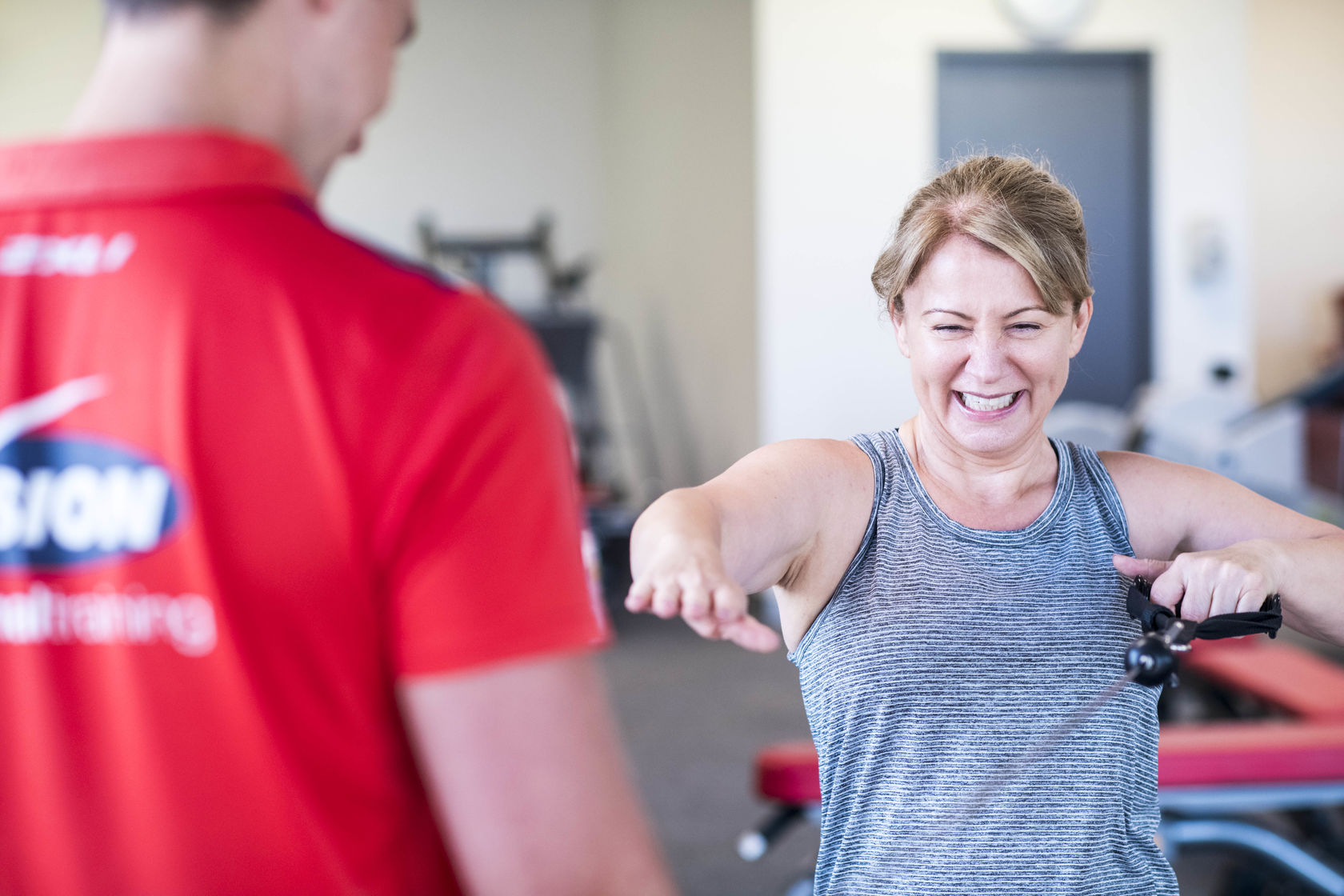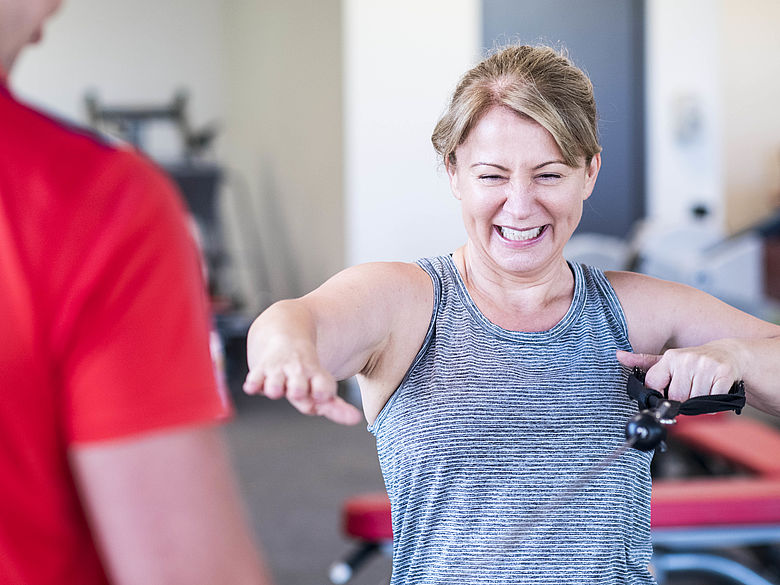Mental illness is constantly increasing, did you know that right now, over 1 million Australian adults have depression and 2 million are experiencing anxiety. On average, almost 8 people take their lives every day in Australia. That's 2,920 lives taken on average per year.
Dealing with depression for a long time, I know what it's like to feel alone and afraid. The truth is, you aren't alone. Surrounding yourselves with a positive circle of influence who help build you up, instead or tear you down and believe it or not, exercising regularly can help create that positive mind set for the day. We all know the basic benefits of exercise; maintain a healthy weight, increases energy, improves sleep, build strength, combats health conditions and diseases. But, did you know the benefits it provides to those who suffer from depression and anxiety?
Exercise and depression
Studies show, that exercise can treat mild to moderate depression as effectively as antidepressant medication. Antidepressants come with a lot of unpleasant side effects; nausea, fatigue and drowsiness, insomnia, blurred vision, agitation and that's to name a few.
Exercise is a powerful depression fighter for several reasons, that doesn't cause any unpleasant side effects. Regular exercise promotes a range of positive changes in the brain, it also releases endorphins. Endorphins is a powerful chemical in your brain that energise your spirits and make you feel good. Not only does it has a positive impact on your brain, but exercise just generally makes you feel good as it can become a distraction from your negative thoughts that feed your depression allowing it to grow.
Exercise and anxiety
Everyone becomes stressed or worried in their life time, it's when the feeling of being stress and/or worried doesn't go away. This is known as anxiety. Someone who has anxiety can feel anxious without any particular reason or cause. Exercise is a natural anti-anxiety treatment. Exercise can help one relieve tension and stress, boost physical and mental energy, as well as an increase in well-being due to the release of endorphins.
Getting started
Many of us find it difficult to motivate ourselves to start exercising, when depression and anxiety comes into the picture the initial getting started phase becomes harder. You know all the benefits when exercising regularly, but sometimes knowing those benefits isn't enough as depression has already drained all the energy and motivation from your body and/or anxiety has already increased your stress levels because you can't bear the thought of being seen exercising. I'm not going to lie, it isn't easy.
Here are a few steps that helped me get started, that helped me change my life around and I now hope that it helps you change your life for the better.
- Start small, as long as you actually start. You don't need to complete a marathon in the next few months, getting up and going for a 30min walk is an amazing start. Even getting up and putting on clothes you plan to exercise in is a great start! Plant the seed in your head, water it every day and I promise you that it will grow. You'll be completing a marathon or pulling a heavy weight from the floor in no time.
- It's hard to have the energy to begin with when you suffer from a mental illness, so plan your workout when you feel like your energy level is at its highest. For some, that may be the morning, for other it may be the afternoon. Even if you feel like your energy is extremely high in the middle of the day, get up and move your body. At the start, it may only last for 15 minutes, but that 15 minutes will shortly turn into 30 minutes, which will turn into an hour.
- Focus on doing something you enjoy. Exercise should be fun, you should feel good about yourself after you have completed your workout. If you love to run, but on your running shoes and run until you can't run anymore. If you love to swim, put your goggles on and off you go. If you love to lift weights, get to a gym and head straight to the dumbbell rack. Think of exercise as your time, it's your time to do something for you!
- Wear something you enjoy to workout in. I believe you should feel comfortable in what you are wearing, whether it be wearing your favourite colour or favourite shoes. If you are doing something for you, you might as well be comfortable with the way you look while you exercise.
These are only a few tips to get you started, the list is honestly endless. If you suffer from depression or anxiety I urge you to speak up. Speak to someone you trust or call the beyondblue help line for support on 1300 22 4636. You are not alone in this.
*Disclaimer: Individual results vary based on agreed goals. Click here for details.

